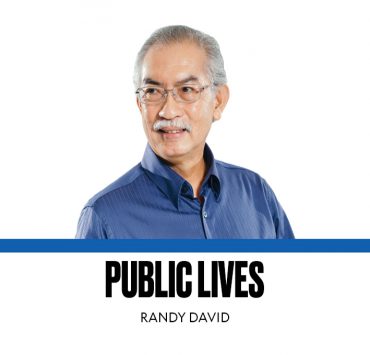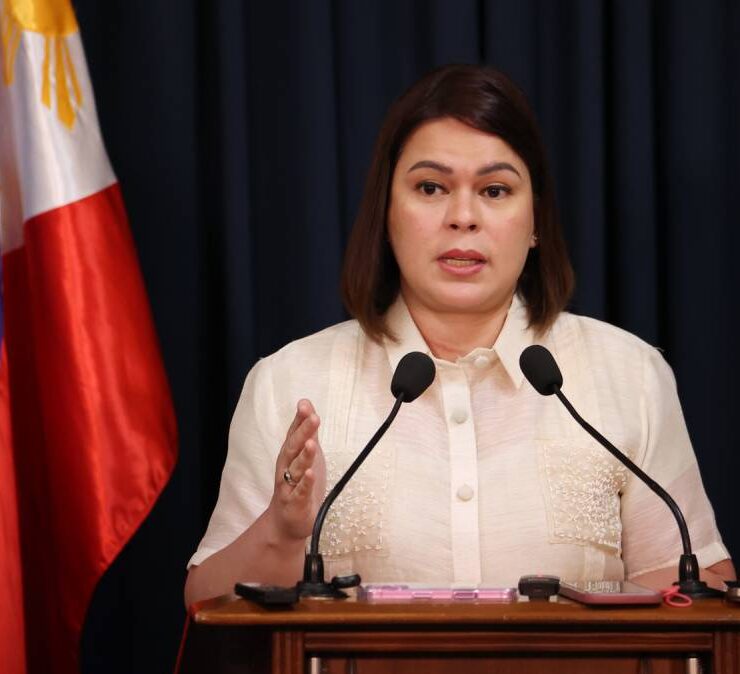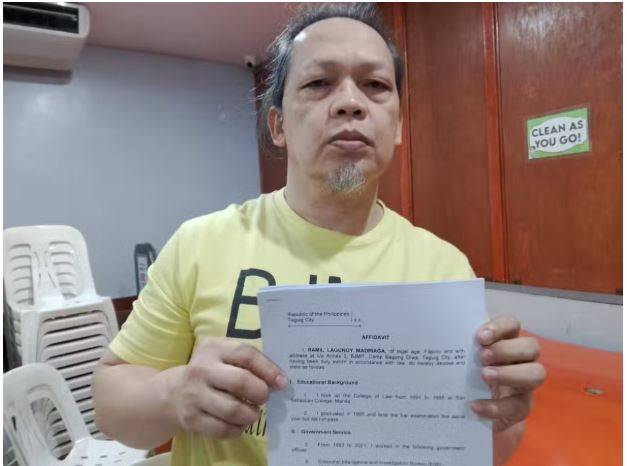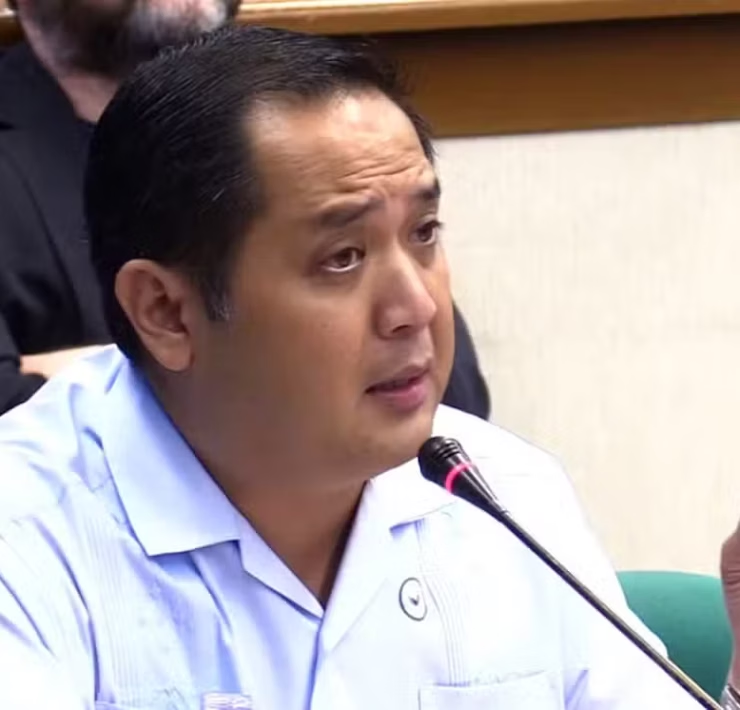People power vs people in power

So much for “people power fatigue.”
Today, Sept. 21, a date long stained by the memory of dictatorship, Filipinos will again pour into the streets, not to topple a regime but to demand an end to the plunder and pillage of their future.
This time, the target is not a single president, but the scourge of corruption itself, which has thrived under every administration before and after the Edsa People Power Revolution, under presidents clad in red or yellow, and back again.
Irony has a funny sense of timing, for on the day the country recalls Ferdinand Marcos Sr.’s declaration of martial law (which historians note actually happened two days later, Sept. 23, 1972), Filipinos are once more rallying on Edsa, encouraged by no less than the sitting president and the late dictator’s own heir.
As corruption scandals sent furious citizens of Nepal and Indonesia marching into bloody and literally fiery demonstrations, the skeptics among us leapt to the conclusion that Filipinos had grown too jaded and too weary to bother anymore.
‘Do you blame them?’
They were wrong. The rallies at Luneta in Manila and the People Power Monument on Edsa in Quezon City, and smaller mobilizations across the country, prove that beneath the public’s apathetic exterior, the embers of people power are still smoldering.
“Do you blame them for going out on the streets?” President Marcos asked last week. “Of course, they are enraged, they are angry. I’m angry.”
Indeed, who could blame the people? After billions of pesos worth of flood projects went to funding the lifestyles of crooked officials and their “nepo babies”, it would seem protest is the only logical choice.
“In a healthy democracy, the people’s fiscalizing participation in governance is not confined to the election season. Rather, it continues between elections, by holding leaders accountable through acts of vigilance, discernment, and when necessary, protest,” said Cardinal Jose Advincula, the archbishop of Manila.
The political fallout has been nothing short of staggering. Manuel Bonoan quit his job as public works secretary, while many of his former subordinates now face criminal or administrative charges. Congress, too, hasn’t been spared, as the Senate and the House of Representatives changed leaders within a week of each other, as public furor gained momentum.
Marcos Jr.’s different path
Today, at least 15,000 people are expected at the “Trillion Peso March” at Edsa, led by church leaders, students, educators, civil society groups, even former officials.
To his credit, the President has not treated this protest as a threat but as a necessary outpouring of national outrage. “If I weren’t president, I might be out in the streets with them,” he admitted.
He himself exposed the theft of flood control funds and created an independent commission led by a retired Supreme Court magistrate to investigate the scandals, vowing no one will be spared, political alliances be damned.
It is a testament to what pundits have realized but none of his critics acknowledge: Marcos Jr. walks a different path from his father. Marcos Sr. unleashed martial law precisely to quash this kind of dissent; his son, at least in words, has supported it. That this demonstration falls on Sept. 21, of all days, only heightens the dissonance.
But while this people’s action is not aimed at overthrowing the President, political actors are already circling like vultures, eager to distort its intentions. Online, the narrative is being spun that today’s rallies are anti-Marcos and pro-Duterte.
Core message
No, this protest is not about replacing one dynasty with another, or swapping one brand of strongman rule for its rival. Rather, it is about repudiating the official thievery that has festered under both former president Rodrigo Duterte and Marcos, and under those before them.
Every Sept. 21, the nation is called to remember martial law’s dark legacy of torture, arrests, and stolen wealth. This year, that remembrance is not only about looking back but reclaiming our courage.
It’s a cause for celebration that Filipinos are once again taking to the streets, but it’s also a cautionary tale. Outrage is powerful, but it must not be hijacked by politicians with axes to grind. It must remain true to its core message: that those who steal from public coffers be brought to justice, no matter their name, color or office.
And so, here we are: The streets are rumbling once more, and Filipinos are remembering what they realized on Edsa almost 40 years ago. To borrow the words of Egyptian activist Wael Ghanim: “The power of people is greater than the people in power.” Never again must the nation falter in wielding it.





















